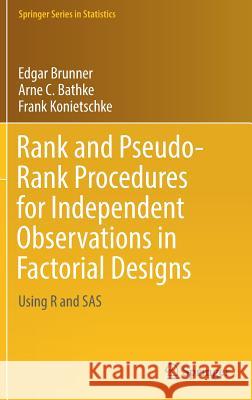Rank and Pseudo-Rank Procedures for Independent Observations in Factorial Designs: Using R and SAS » książka
topmenu
Rank and Pseudo-Rank Procedures for Independent Observations in Factorial Designs: Using R and SAS
ISBN-13: 9783030029128 / Angielski / Twarda / 2019 / 521 str.
Rank and Pseudo-Rank Procedures for Independent Observations in Factorial Designs: Using R and SAS
ISBN-13: 9783030029128 / Angielski / Twarda / 2019 / 521 str.
cena 523,30
(netto: 498,38 VAT: 5%)
Najniższa cena z 30 dni: 501,19
(netto: 498,38 VAT: 5%)
Najniższa cena z 30 dni: 501,19
Termin realizacji zamówienia:
ok. 22 dni roboczych
Dostawa w 2026 r.
ok. 22 dni roboczych
Dostawa w 2026 r.
Darmowa dostawa!
Kategorie BISAC:
Wydawca:
Springer
Seria wydawnicza:
Język:
Angielski
ISBN-13:
9783030029128
Rok wydania:
2019
Wydanie:
2018
Ilość stron:
521
Waga:
0.93 kg
Wymiary:
23.39 x 15.6 x 3.02
Oprawa:
Twarda
Wolumenów:
01
Dodatkowe informacje:
Wydanie ilustrowane











